ISTP News
All stories that have been tagged with Research Project
Apply to the Impact Collaboration Programme 2021 of the Geneva Science-Policy Interface
Research Project

Under the theme Bridging science and policy to foster systemic resilience, the Geneva Science-Policy Interface (GSPI) calls for projects for its Impact Collaboration Programme 2021. The deadline for the pre-proposals is January 17, 2021.
“We have to consider all sectors of mobility”
Research Project

(Re-post from ETH News) The ETH Zurich & Swiss federal railways (SBB) mobility initiative launched in 2018 is gaining momentum. Konstantinos Boulouchos, the driving force behind the project, explains how far things have come since then and in which direction the initiative is set to develop.
«We were stuck» - Managing the COVID-19 pandemic in African countries
Research Project

During the lockdown, doctoral candidate at the ISTP, Antoinette van der Merwe, was stuck in South Africa. While she was there, she started a new research project to find out how poor families are coping with the current corona crisis. In her interview, Antoinette describes her own experience and provides us with insights into the impacts of COVID-19 pandemic on poor urban neighbourhoods. (Re-post from ETH Zurich Services & resources News)
Announcement of the new Doctoral Programme RESPONSE offered by the Zurich-Basel Plant Science Center (PSC)
Research Project
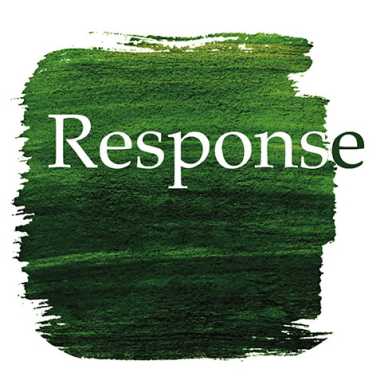
The RESPONSE Doctoral Programme (DP) «RESPONSE - to society and policy needs through plant, food and energy sciences» builds on the academic expertise of three world-leading institutions - ETH Zurich, University of Zurich and University of Basel - and the three internationally renowned competence centers Zurich-Basel Plant Science Center (PSC), the World Food System Center and Energy Science Center. It will start in February 2020.
Research Video: Community-based Water Quality Monitoring of Deka River in Zimbabwe
Research Project
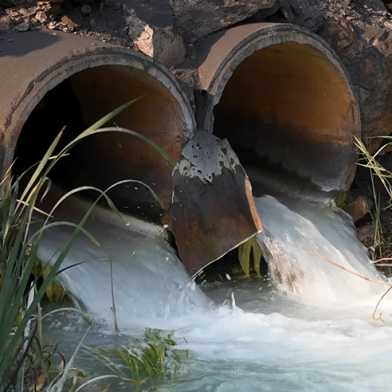
Désirée Ruppen, PhD candidate at the Institute of Science, Technology and Policy at ETH Zurich, is currently working on a project called “Community-based water quality monitoring of Deka River in Zimbabwe”. The term “Community-based” means that scientists are working in close collaboration with community members who live along Deka River and are impacted by water pollution. Local communities have already initiated a mediation process in order to improve the environmental conditions.
Call for projects: Apply to the Impact Collaboration Programme (ICP) 2020!
Research Project
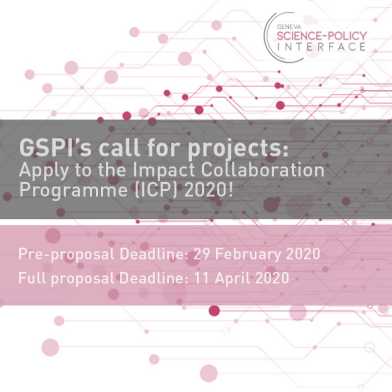
The Geneva Science-Policy Interface (GSPI) works at the intersection of science and policy, leveraging the synergy between actors of international Geneva and an extensive network of researchers to promote the development of effective practices. In 2020, the Impact Collaboration Programme (ICP) will give particular attention to projects that develop or apply methodologies with the aim to foster data-driven decision-making.
Swiss Federal Council Member Ignazio Cassis in Khayelitsha
Research Project
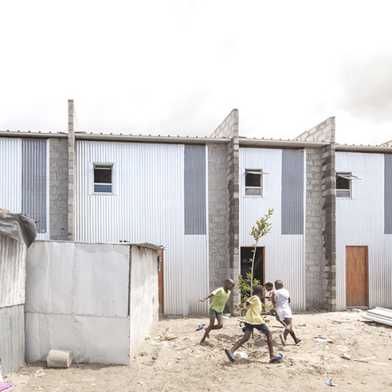
On 11th January 2019 Prof. Hubert Klumpner welcomed Swiss Federal Council Member Ignazio Cassis on the project site of Empower Shack in Cape Town. Mr. Cassis toured the site and talked at length with Hubert about the project.
The role of technology in the production of urban security
Research Project

In Montevideo, urban security is produced by diverse modes of technology. ISTP’s Jonas Hagmann and UdelaR’s Diego Sanjurjo encounter mundane fortifications in residential areas, a highly sophisticated public police force, and a non-tech penitentiary on fieldwork.
ISTP Fieldwork: Securing of public space in Montevideo
Research Project
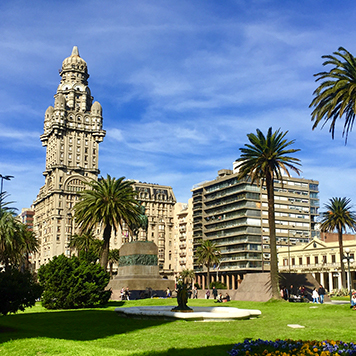
ISTP’s Jonas Hagmann and UdelaR’s Diego Sanjurjo are now on fieldwork in the Uruguayan capital of Montevideo, where they investigate the securing of public space in contexts of raising crime/homicide, statist politics and an authoritarian past
The role of politics, urban planning and technology in the production of urban security in the Nepali capital city of Kathmandu
Research Project
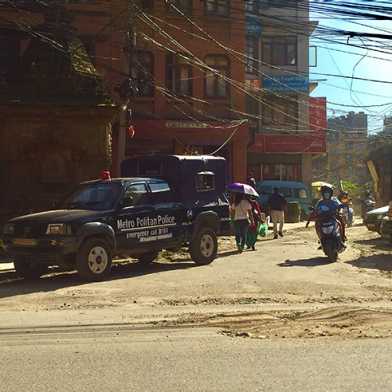
ISTP Senior Researcher Dr. Jonas Hagmann and his research team piece together practices of urban security production in post-conflict Nepal.